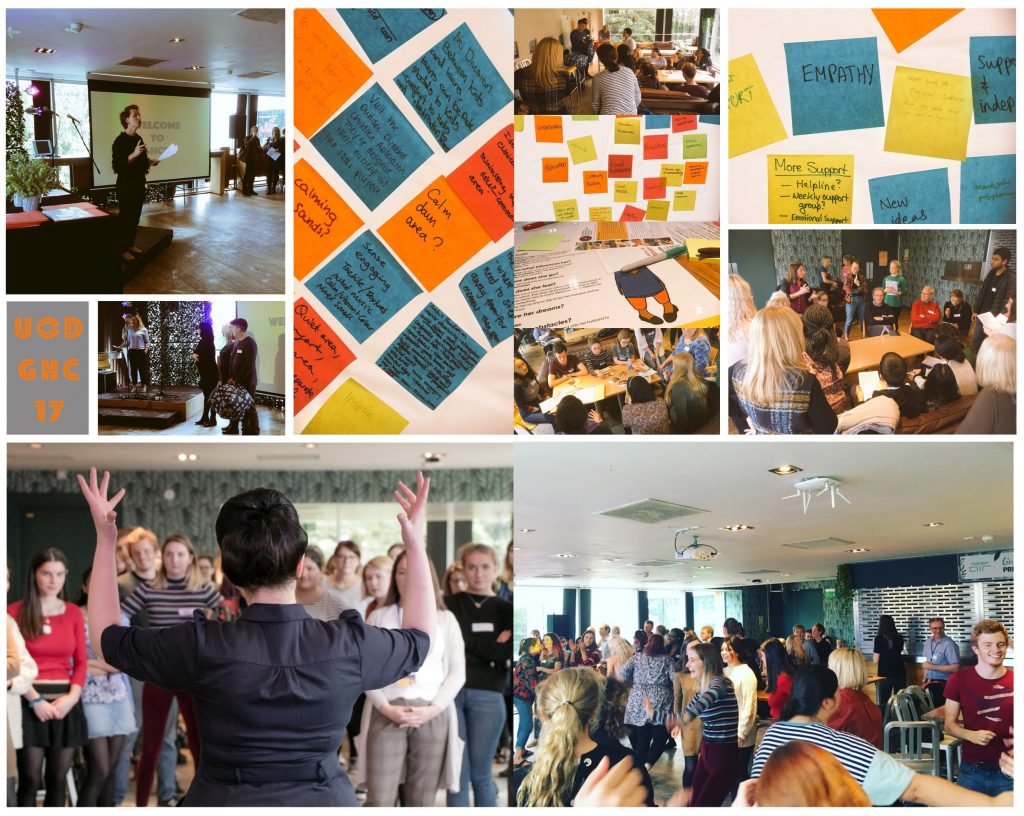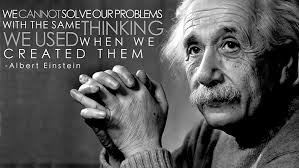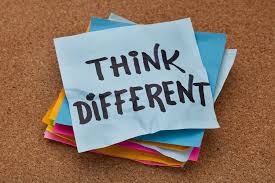Hello!
Welcome everyone to Global Health Challenge!
It is a delight to welcome you. My name is Louise and I am one of a large team across the University who have joined together to design and make happen the Global Health Challenge. You’ll get to meet and work with the team as the afternoon and challenge progresses.
First, let me tell you a little bit about Global Health Challenge.
Global Health Challenge is a glimpse of the future; it’s a change agent with a concern about doing things differently. It is about challenging the norm. We’re here to raise the game, to raise your game, and ours. We’re doing that by pushing ourselves out of our comfort zone, to work in new ways and with people we’ve not worked with before. Everything about this initiative is voluntary, and that is what makes it such a compelling story. We’re here to do some good.
Let me share with you an interesting fact, the world population is forecast to increase by two-thirds in the 21st Century. Did you know that? For me it’s the call to action that has impacted most. Let me tell you why. In the 19th Century there were 1 billion people on the planet. In 2017 there are just over 7.6 billion, and by the end of the 21st century it is expected to be over 12 million. This is an exorbitantly high rate of growth with an extra 50 million people added to the Earth’s population, each year.
How does this connect to the Global Health Challenge? Every single person on the planet requires help with their health. This population scenario requires us – you and I – to very carefully, sensitively yet radically rethink ‘normal’.
What I’m saying is, Global Health Challenge has an entrepreneurial character – it’s not about teaching you to become an entrepreneur – but you could use it to help with that, if you wish.
Our commitment to you is to help you stand out from the crowd, to afford you opportunities to develop discovery, to think, be enterprising, to let you fail and get things wrong, and to work with you to understand how to fix it. It’s also to respectfully tell you to get over yourself if one of your ideas isn’t taken up by the team, because teamwork is what is needed. We’re committed to building your agility, resilience and your capacity to empathise with the world around you. Why? So that, should you chose to, you may lead, manage, innovate, and excel in your future professional worlds. These skills enhance the likelihood that you will identify and capture the right opportunity at the right time for the right reason.
Every single person in this space is formidable. You have something unique and very special to bring to the challenge we are about to embark upon. We really want you to do something great! We will do everything we can to help facilitate your journey.
Enjoy!
With thanks to Professor Heidi Neck, Babson College USA, for inspiring this welcome.




